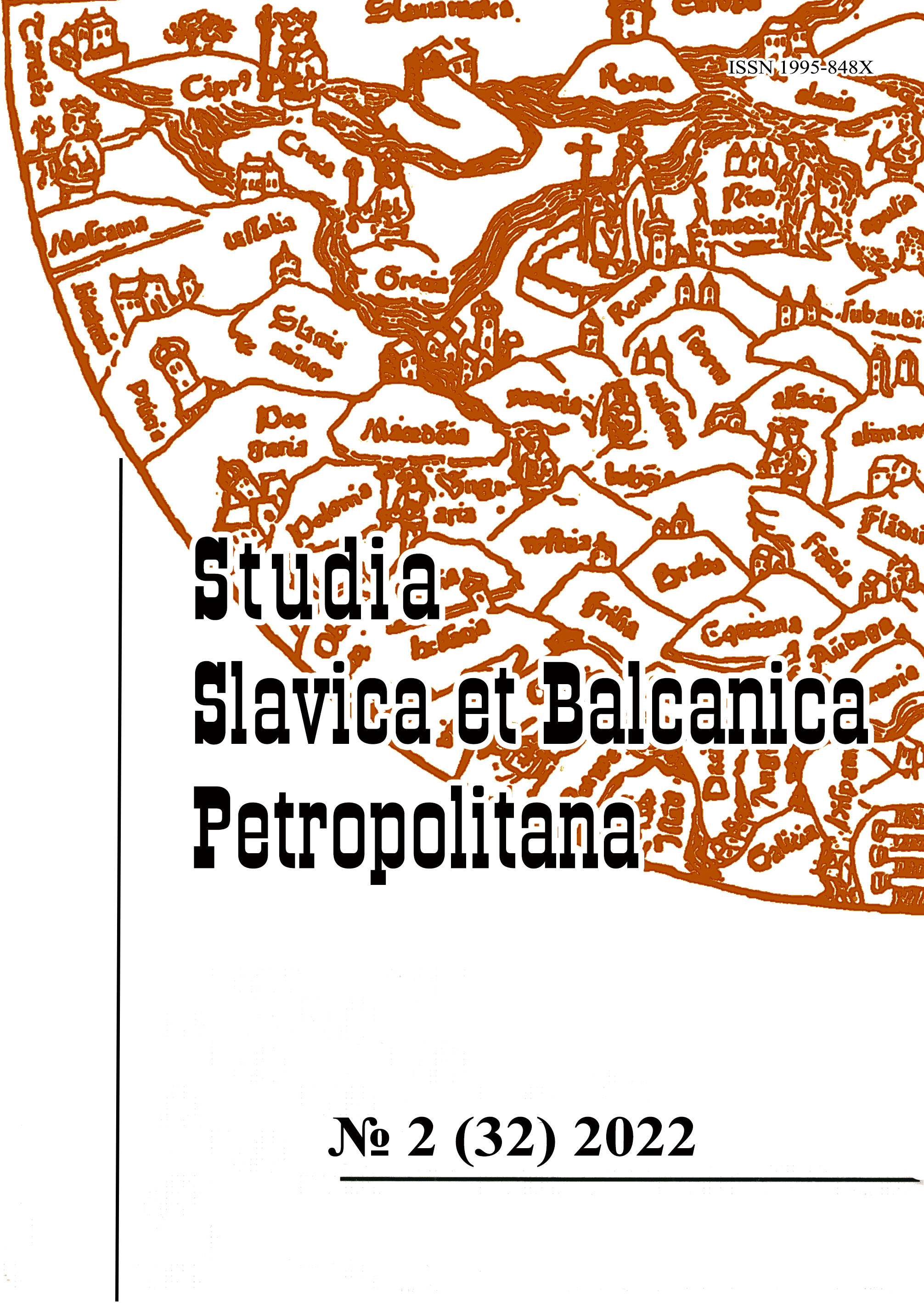Происхождение российского абсолютизма в контексте теории военной революции
The origin of Russian absolutism in the context of the military revolution theory.
Author(s): Sergey Aleksandrovich NefedovSubject(s): History of ideas, Military history, Political history, 16th Century, 17th Century, 18th Century
Published by: Издательство Исторического факультета СПбГУ
Keywords: absolutism; autocracy; military revolution theory; Ivan the Terrible; Boyar Duma; oprichnina; level of taxation;
Summary/Abstract: The article is devoted to the interpretation of socio-political processes during the reign of Ivan the Terrible from the standpoint of the theory of military revolution. Following the well-known work of B. Downing, the author identifies ten stages in the evolution of the medieval monarchy to military bureaucratic absolutism. Such cases are described in the history of the Scandinavian states. Further, the socio-political processes of the times of Ivan the Terrible are analyzed from the point of view of their correspondence to the distinguished steps. It is concluded that these processes follow the scheme of B. Downing. The starting point of development is the medieval monarchy, in which the power of the suzerain is limited to assemblies (conditionally, «parliaments»), where aristocrats predominate, managing the resources of their land holdings. The military revolution downgrades the importance of chivalry and requires the creation of a large army of firearms-wielding mercenary infantrymen. Funding a new army requires a reallocation of resources to the detriment of the aristocracy. The «Parliaments» resist these demands, and a conflict ensues between the monarchs and the aristocracy. The new army ensures the victory of the monarchs. Monarchs abolish «parliaments» or deprive them of real powers. The victorious monarchs subdue the nobility, take away some of its resources. Reforms are being carried out, a new financial system is being created. A new bureaucracy is being created, and commoners are recruited for positions. The nobility is trying to fit into these new structures by taking office positions. Taking into account the criticism of the concept of «absolutism» in the context of the possibility of informal compromises between the monarch and the aristocracy, the author confines himself to considering cases where such compromises obviously could not have happened, when the monarch completely subordinated the aristocracy. The author notes that this conclusion is preliminary, and the problem requires further detailed research.
Journal: Петербургские славянские и балканские исследования
- Issue Year: 2022
- Issue No: 2 (32)
- Page Range: 3-14
- Page Count: 12
- Language: Russian

